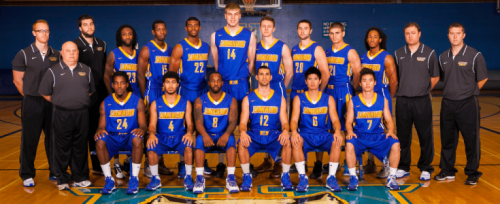By Paul Mickleburgh
Millions of Canadians have the right to vote in this October’s 2015 federal election. Not all will do so. In the 2011 federal election, an astonishing 9.4 million eligible Canadians did not cast a ballot. Sadly, when people stay at home on election night in such numbers, it diminishes a right we have that many continue to strive for and to die for. As politicians are fond of saying, it is time for change.
Around the world, those disaffected from the political process or living under tyranny sometimes have no choice but to take up arms in hopes of seeking better lives under new governments. Then there are the countries that operate under the guise of having democratic elections but voters face intimidation, corruption, violence, and even death. Thankfully, not so in Canada. While voting may mean different things to every voter, one can undertake it as a symbolic, heartfelt gesture to those desperately seeking to attain it.
To live in Canada—a free country that is the envy of many—and not vote is perhaps an ironic testimony to our current good fortune. Canada has not fallen into the dark ages or become an oppressive dictatorship despite some dismal voting turnouts. It could be argued that this safe political stability, though by no means perfect, is more a tribute to the millions of Canadians who do exercise their right to vote. Combine these with those who do not—the sleeping giant that lies amongst our midst so to speak—and you would have a full, strong, powerful, and more democratic voice in deciding the future best interests of our wonderful country.
Harper, Mulcair, Trudeau, and May know this, and know the power of voting. Several successful candidates in both the 2008 and 2011 elections were decided by numbers ranging from only 20 to 200. Therefore, they are currently spending tens of thousands of dollars and endless days campaigning to gain one vote, ten votes, hundreds and thousands of votes. Canadian history is rife with stories of politicians who were held accountable by an unhappy electorate. The power of the pencil will ensure there will be new ones after this October election!
The recent heartbreaking image of the three-year-old Syrian boy lying dead on a Turkish beach has rightfully sparked a significant political debate about Canada’s role in the Syrian refugee crisis. As Canadians, we have an opportunity to give pause and reflect as to which political party will act with immediate, compassionate action. Syrian lives are literally dependent upon Canada’s response, which in turn will be decided by voters, like you and me, visiting polling stations across Canada on election day.
Consider, too, that Remembrance Day arrives shortly after the October 19 election. We will express our thanks, respect, and gratitude to those who fought and died for our freedom. A cornerstone of freedom is democracy and a cornerstone of democracy is the right to vote. Is it part of “the torch; be yours to hold it high”? Does not voting break faith with those who died?
Lastly, most of us care about one or more of the following: health care, jobs, pensions, taxes, interest rates, unemployment, education, the rate of the Canadian dollar, gas prices, the plight of First Nations, inflation, crime, environmental issues, transportation, roads, highways, university tuition fees, day care, and the deficit. Voting decides who will do what on your concerns, so make the little effort it takes to mark your big “X” on a ballot. When you do, smile with pride as you fulfill a civic duty, uphold democracy, look out for Canada, for others, and yourself!














